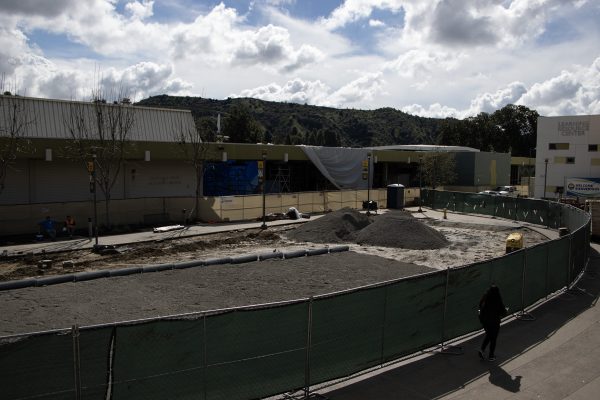Hillary Clinton Proposes No- Fly Zone in Syria
Hillary Clinton’s controversial proposal for a no-fly zone over Syria was brought up again during the third presidential debate Oct. 19. Chris Wallace, Fox New’s moderator, pressed Clinton for details about her proposal, and explained how President Barack Obama has shown concern with the proposition, since he believes it might escalate the ongoing conflict in Syria.
Wallace also mentioned the concerns of Gen. Joseph Dunford, Chairman of the Joint Chiefs of Staff, citing him as stating “you impose a no-fly zone, chances are you are going to get into a war with Syria and Russia.”
Wallace proceeded to ask Clinton “If you impose a no-fly zone, first of all how do you respond to their concerns? Secondly, if you impose a no-fly zone and a Russian plane violates that, does President Clinton shoot that plane down?”
Clinton doubled down on her proposal, explaining to Wallace that creating one would be a timely process, but it would ultimately “save lives and hasten the end of the conflict.”
“It would also take making it clear to the Russians and the Syrians that our purpose here was to provide safe zones on the ground.” Clinton explained.
Clinton never addressed what her response would be as president if a Russian plane were to violate the no-fly zone.
Clinton’s Republican rival, Donald Trump, is strongly against the idea of a no-fly zone.
“You’re going to end up in World War Three over Syria if we listen to Hillary Clinton,” Trump previously stated. “Russia is a nuclear country, but a country where the nukes work as opposed to other countries that talk.”
Trump also denounced Clinton’s ability to negotiate a no fly zone with Russian President Vladimir Putin, since she has strongly criticized him in the past.
“How is she going to go back and negotiate with this man who she has made to be so evil?” Mr Trump explained.
The idea of establishing a no-fly zone in Syria has been a hot topic in Washington for the past five years, and military representatives like John Kuehn have been hesitant in supporting it because it puts military pilots at risk from Syrian air defenses.
Kuehn, a retired navy officer who has previously participated in no-fly zone missions, stated, “I see almost nothing positive that can come from implementing [a no-fly zone] at the current time over Syria. Conversely, the potential to make a bad situation worse is very, very high.”
Also, strategists don’t see how establishing a no-fly zone would help settle anything between the United States, Syria, and Russia.
Joshua Rovner of Southern Methodist University explains that there is no recorded history of no-fly zones helping alleviate or solve any conflict, and that “there were no-fly zones in Iraq for close to a decade and it settled nothing.”
Despite all of the opposition, Clinton plans to continue supporting her no-fly zone proposal, since she believes it will help protect Syrians as well as help settle tensions between the Syrian government and rebels so that “we can have the kind of serious negotiation necessary to bring the conflict to an end and go forward on a political track.”






